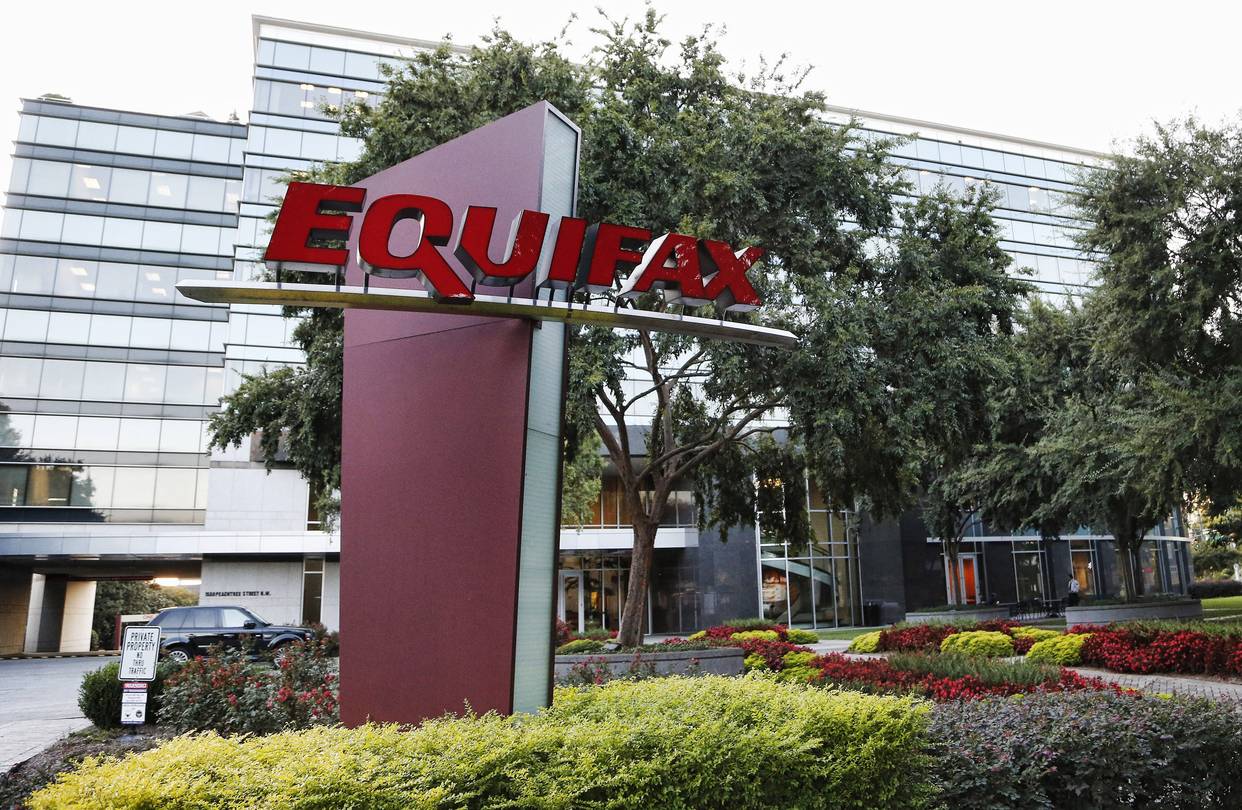Widespread 911 outages hit several states
Four states have experienced widespread outages of 911 lines, affecting emergency calls throughout South Dakota and swaths of Nebraska, Nevada and Texas overnight, officials said. Most lines were down for one to two hours, although services appeared to be gradually restored overnight. The exact nature of the outage appeared to vary across states — some 911 systems reported problems with calls from landlines, while others said customers using mobile phones were struggling to get through. Some police departments or sheriff’s offices said that 911 callers were receiving a busy signal, and they encouraged people to contact them via non-emergency numbers or by text. No cause for the service disruption has been publicly identified. However, in Texas, the Del Rio Police Department said the issue was caused by “an outage with a major cellular carrier.” The department did not name the carrier or immediately respond to an overnight request for comment from The Post for further details.
🚨 WTF? Literally just HOURS ago?! https://t.co/5AxpwlVumc pic.twitter.com/vZIJ2tACfw
— Nick Sortor (@nicksortor) April 18, 2024
More From The Washington Post (subscription required):




